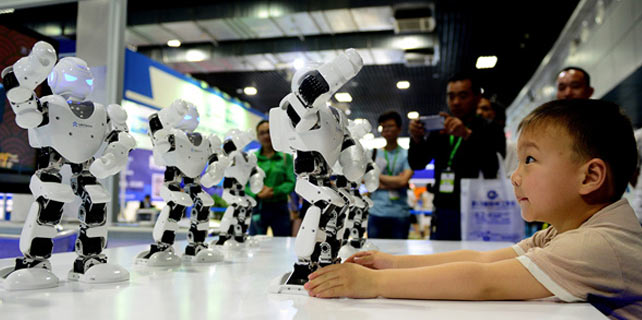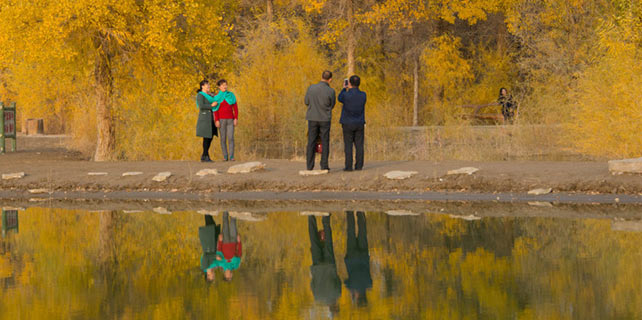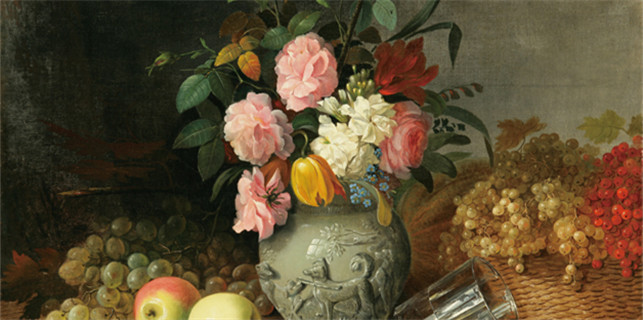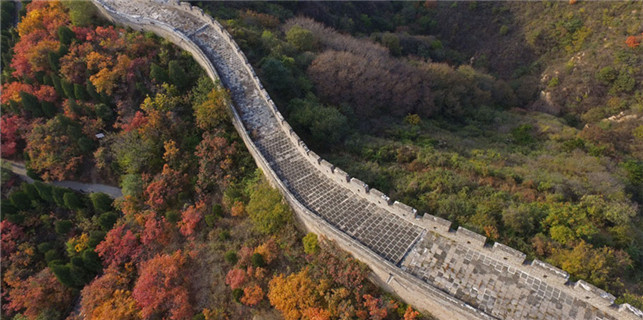Oxford historian's 'Silk Roads' talks about 'age of Asia'
 |
|
Peter Frankopan, British historian. [Photo provided to China Daily] |
The whole world is in the process of change, he adds, and "I could try to answer, but the key point is that the change doesn't happen in the space of one week, one month or one year, and we'll see what will happen".
He attributes the change to what was happening in Iraq, Afghanistan, Pakistan, India, China and even the last phase of the former Soviet Union some 25 years ago.
"That was the birth of the change. We're living in an age of Asia," he says.
In the context of the Belt and Road Initiative, Frankopan says the greatest challenge for China is the need to constantly explain itself to the outside world.
"That's hard," he says.
There is already a strong belief in China, not just within government but also among people, that the Chinese are very special, Chinese culture is very rich and Chinese history is strong, he says. "There's no need to be explaining this way."
That can be better done by making as many friends as possible, he says.
Although it still needs time to see how the Belt and Road Initiative develops, Frankopan says, "I'm still more or less optimistic insofar as it looks to me potentially the most important investment plan for hundreds of years".
Since he published The Silk Roads: A New History of the World in 2015, more than 1 million copies in English and other languages, including Finnish, Korean, Dutch, Danish, French Swedish, Russian, Croatian and Spanish, have been sold, making the book a best-seller around the world.
Since the Chinese translation of his book was published in September 2016, more than 500,000 copies have been sold.
Since he was 6 years old, Frankopan has been fascinated by the world map and curious about the center of the world. He says he has being working on the book for 40 years.
Happy with his work as a historian, he has spent the last 25 to 30 years working in libraries, looking for answers to his own questions, such as: Why the world today looks the way it does? Why is it that English language is so common all over the world? Why is it that China is changing today?
Everybody is trying to understand what the world is going to be tomorrow, but they are looking to the past to explain that, he says.
"Suddenly it looks that these questions that I'm asking, everybody else wants to know some answers. And I'm modest enough to know that I don't have all the answers but at least I've tried to think about what these questions are and I think that's why this book has been so successful all over the world," he says.
















